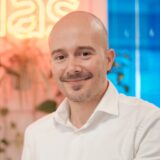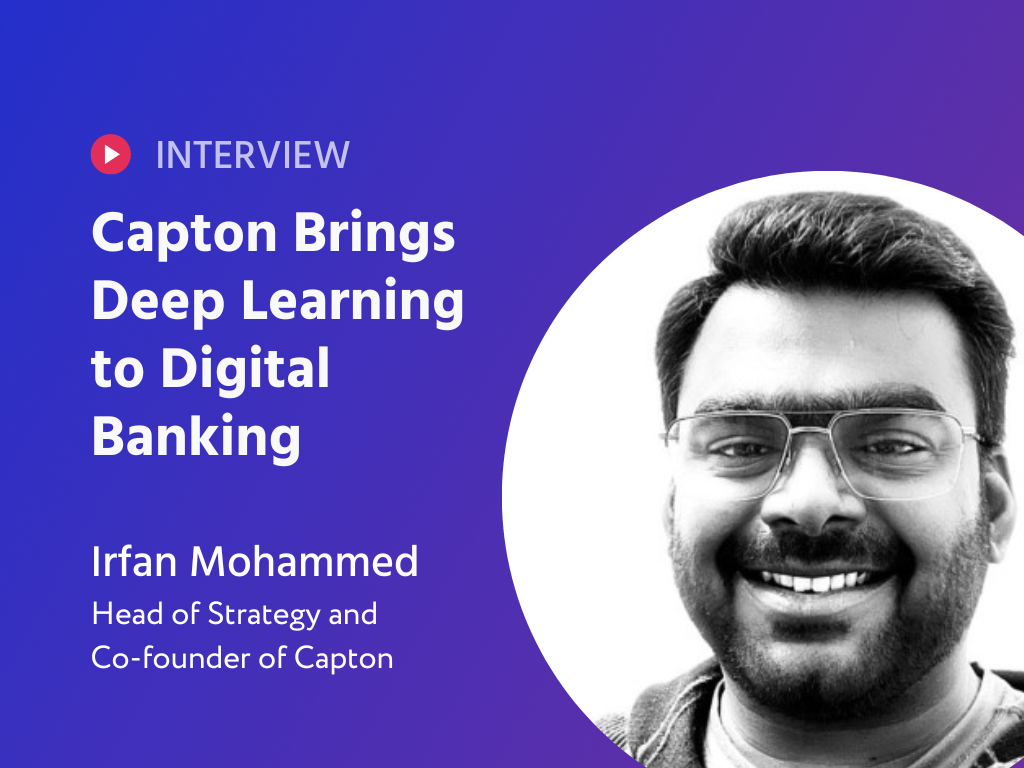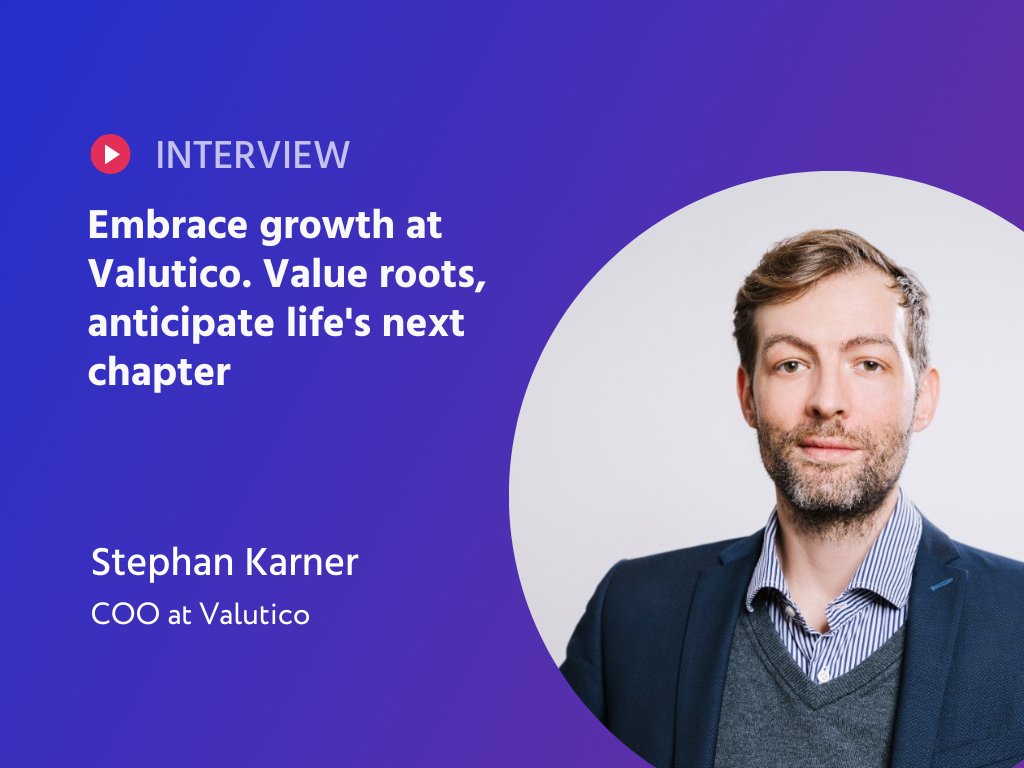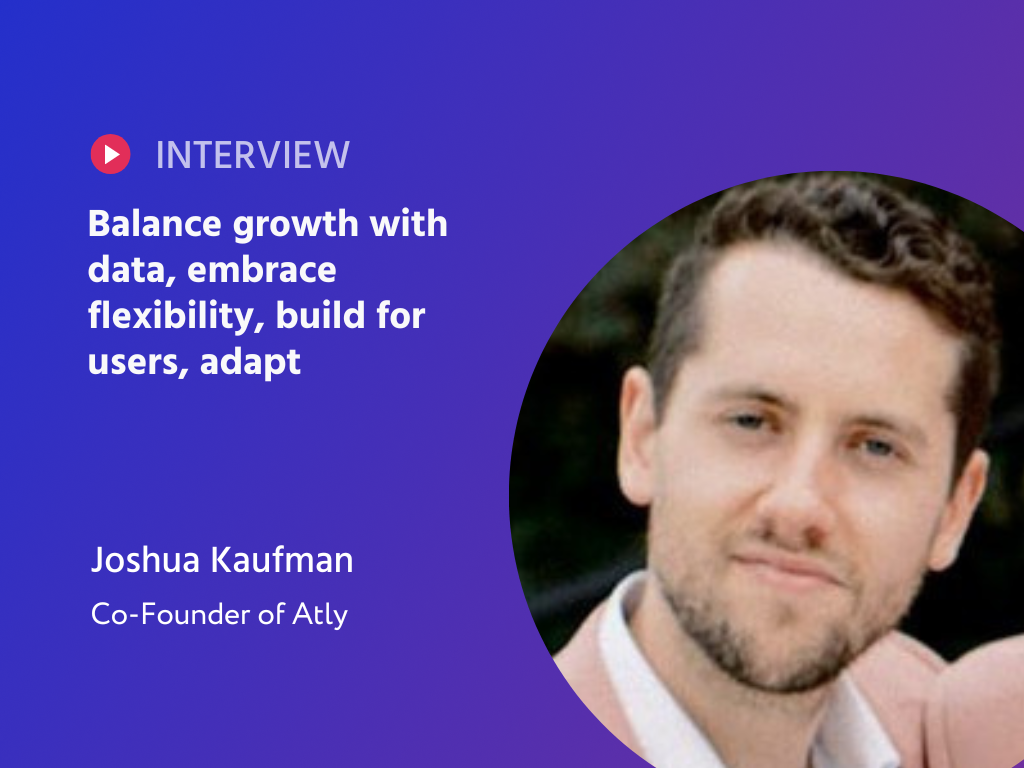In today's evolving environmental discourse, the intersection of technology and sustainability emerges as a paramount focal point. This narrative takes a deep dive into a company uniquely positioned at this juncture — TEIMAS.
With over 15 years of dedicated service, TEIMAS, under the leadership of its Co-Founder and CEO, Miguel Varela, has been pioneering digital solutions in the waste management value chain. From assisting corporations in tracking waste to aiding waste managers in their pivotal roles, their cloud-based solutions are revolutionizing a traditionally non-digital sector.
Join us as we engage with Miguel Varela in an enlightening conversation, where we delve into TEIMAS's origin, its transformative impact, and the future it envisions for a more sustainable world. Welcome to The Bright Founders Talk, a series dedicated to spotlighting the innovative minds shaping our future.
Waste Management: The Once "Cinderella" Now Taking Center Stage in Environmental Tech
Sitting with Miguel, the CEO of 'TEIMAS', he playfully describes his company as "a weirdo in the startup world." But there's a pride in his tone that's hard to miss. With a history stretching back to 2008, TEIMAS is no newbie in the tech space. What sets them apart is their dedicated focus on creating digital solutions for the waste management value chain, a sector long relegated to the background of the environmental industry.
Diving deeper into the company's offerings, Miguel paints a vivid picture. Think cloud-based solutions, specifically tailored for businesses that generate waste — this includes heavyweights from the oil and gas sectors to pharmaceutical giants. Moreover, within the broad spectrum of waste management, TEIMAS's tools cater to everyone: from recyclers and haulers to landfills and treatment facilities. It's a holistic approach that sprouted from the founders' past experiences, especially when they once developed digital tools for government waste traceability.
But the crux of our chat, the part that really struck a chord, was Miguel's perspective on the environment. "The main thing when I talk about the Protect environment is to protect the health of the people," he emphasized. As the conversation weaved through the transformations in the industry, he reminisced how waste management used to be the "Cinderella of the environmental sector", something often brushed under the carpet. But times have changed, and as global dialogues shift towards sustainable practices and a dire need to address greenhouse emissions, waste management is finally getting the limelight it deserves.
The main thing when I talk about protecting the environment is to protect the health of the people
From Spain to Brussels: TEIMAS Ambitious Expansion and the Rise of SaaS in Waste Management
There's an undeniable passion in Miguel's voice as he discusses TEIMAS's growth, a company that's blossomed into a 45-strong team, each member entirely focused on waste management. There's a distinct pride when he shares that TEIMAS is Spain's only tech company with this specialism. "We don't chase public tenders," he shares, "we craft products for businesses actively engaged in waste production and management." Their recent office in Brussels is no mere coincidence either. Positioned strategically near the European Commission, Miguel eyes the horizon of environmental regulations, including those of circular economy and greenhouse gas mitigation.
Diving into the global shift post-COVID-19, Miguel paints a transformative picture of the waste management industry. He's noticed an influx of new startups in the sector, each leveraging technologies like Artificial Intelligence, IoT, and even blockchain for waste traceability. "The push towards climate change mitigation has thrust waste management into the limelight," he says, alluding to a more circular economy model. And with rapid advancements in communication technologies and an increased focus on environmental sustainability, Miguel firmly believes we're on the brink of a revolutionary decade in waste management tool creation.
On the topic of software distribution, Miguel sheds light on the Software as a Service (SaaS) model. Describing it as today's dominant distribution method, he draws a parallel to the evolution of office software and even personal streaming services like Netflix. "It's like renting tools, making it significantly easier for clients," Miguel explains. With SaaS, businesses no longer grapple with server maintenance or delayed software updates. Instead, they enjoy real-time updates and a more fluid, adaptable service. For Miguel, SaaS isn't just a fleeting trend—it's the way of the future.
The push towards climate change mitigation has thrust waste management into the limelight, leading to a circular economy
Expanding Horizons: Miguel’s Vision for a Cleaner Tomorrow
Miguel’s passion is evident when he speaks about his two flagship tools: Deysho and Zero. Deysho, referred to as the "Swiss Army knife for waste management," is designed for small and medium businesses, especially waste managers in Spain. With over 900 waste management centers utilizing it, it's evident that this tool has made its mark. However, the true global game-changer in Miguel’s arsenal is Zero. While Deysho targets waste managers, Zero targets waste producers. It's the larger corporations and multinationals producing waste as a result of their activities that Zero aims to serve. Miguel beams with pride as he mentions, “At this moment, we're working with more than 30 multinationals, and we have our product deployed in 43 countries."
Miguel touched upon a poignant truth: often waste producers have an attitude of "out of sight, out of mind." However, with Zero, there is greater accountability. In his words, "Sometimes, waste responsibility is broken." Illegal waste streams, dumping in vulnerable countries, and the peril of child labor in these landfills are very real concerns. But tools like Zero hold waste producers accountable and ensure that waste is managed responsibly, potentially increasing business opportunities for waste managers using Deysho.
Sometimes, waste responsibility is broken
But Miguel doesn’t rest on his laurels. The future of waste management is rapidly evolving. From the limitations of Excel to the advent of blockchain technology certifying the traceability chain, Miguel is on the cusp of these advancements. He speaks animatedly about a project named Verify, aiming to use blockchain to certify every stage of the waste value chain. Additionally, artificial intelligence and Internet of Things (IoT) technology present promising avenues for waste management. The use of AI in detecting waste stream qualities or IoT in monitoring container fill levels showcases the multi-pronged technological approach Miguel envisions for a cleaner tomorrow.
From Waste to Wealth: Miguel's Marathon Mindset
When you think of waste, "opportunity" might not be the first word that comes to mind. But for Miguel, that's exactly what it represents. "There's not a problem with the waste, there's an opportunity with these resources," he declares. In a world that often stresses the detrimental impacts of waste, it's invigorating to hear Miguel's perspective. It's not about just recycling but about recognizing the intrinsic value that waste holds. From metals and plastics to cardboard and paper, when managed right, these resources can seamlessly reintegrate into the manufacturing chain, presenting both environmental and economic opportunities.
But here's the thing: having a successful, enduring company isn't about chasing every short-lived trend. For Miguel, it's about having a North Star—a purpose. In his early days in 2008, the significance of purpose wasn't entirely clear to him. Fast forward 15 years, and he holds it as the bedrock of his operations. Reflecting on the challenges and sleepless nights he has faced, Miguel emphasizes, "If you do something that you truly believe in, a part of the job is done." Comparing his journey to a marathon rather than a sprint, Miguel underscores resilience and long-term vision, especially in the face of global challenges like the 2008 economic crisis.
If you do something that you truly believe in, a part of the job is done
Wrapping up their chat, there's a palpable camaraderie between Miguel and the host. Their banter hints at the depth of Miguel’s experience and the shared understanding that while the path may be long, the journey, when grounded in purpose, is rewarding. Miguel signs off with a hopeful sentiment, jesting that they don’t have to wait another 15 years to catch up, showcasing his forward-looking spirit. The takeaway? Whether in waste management or life, think marathon, not sprint.





